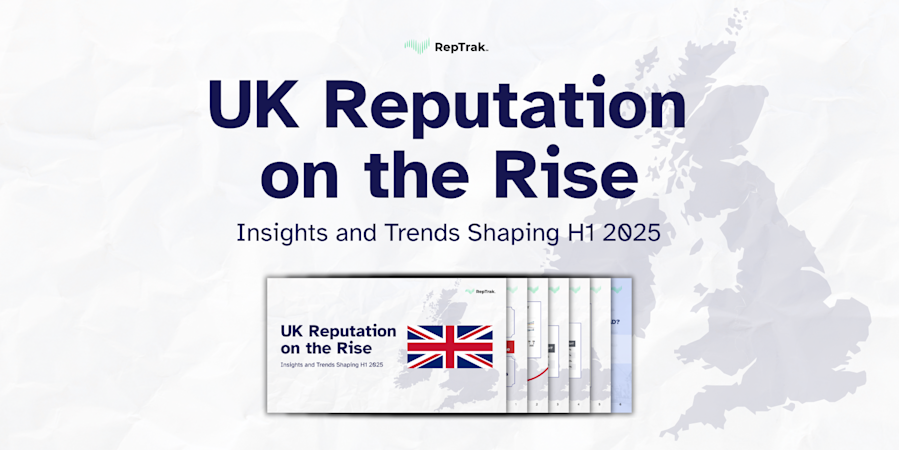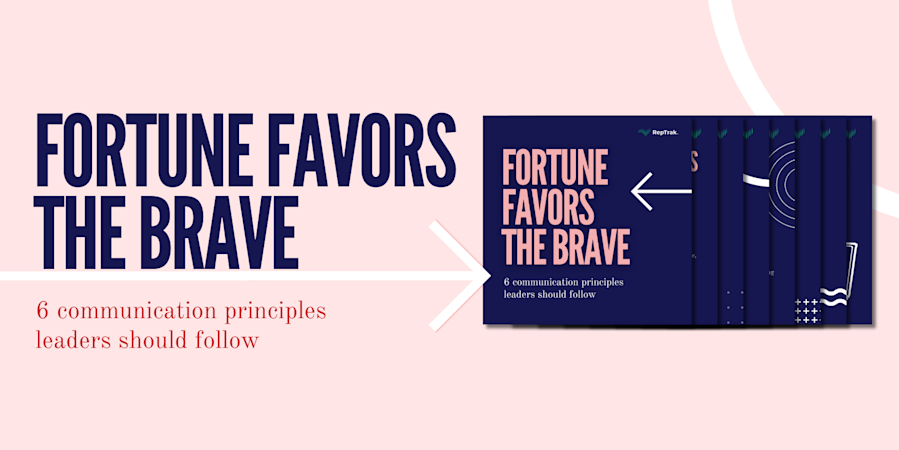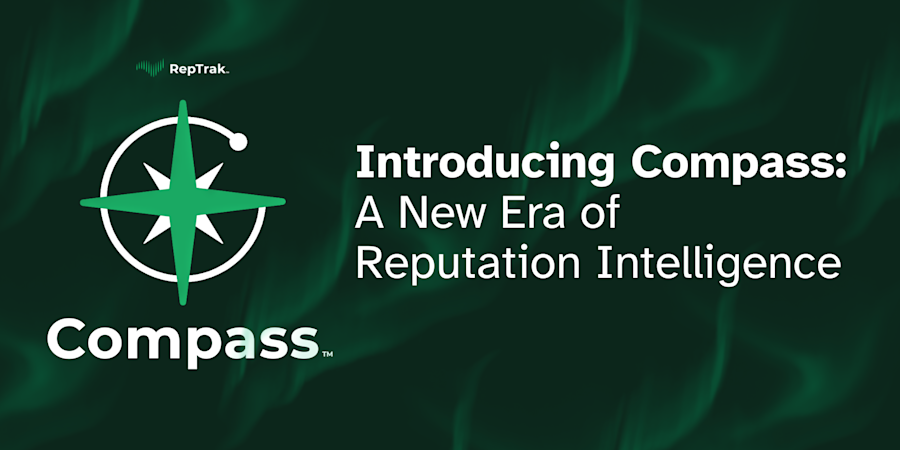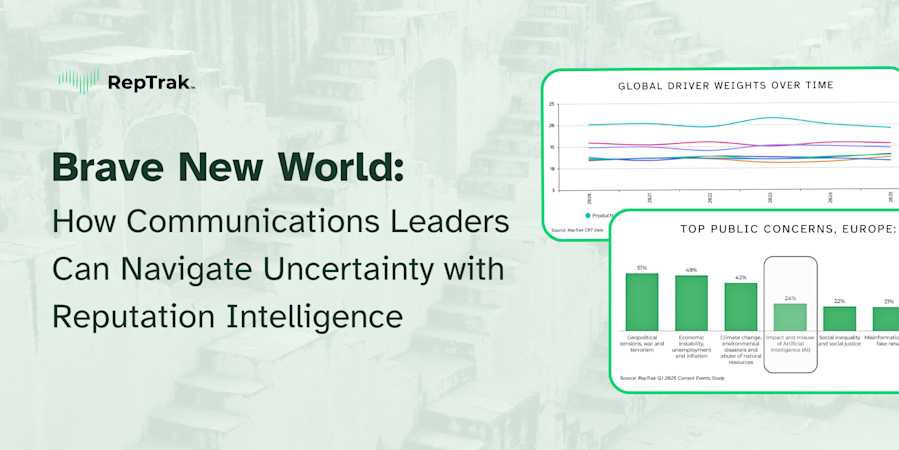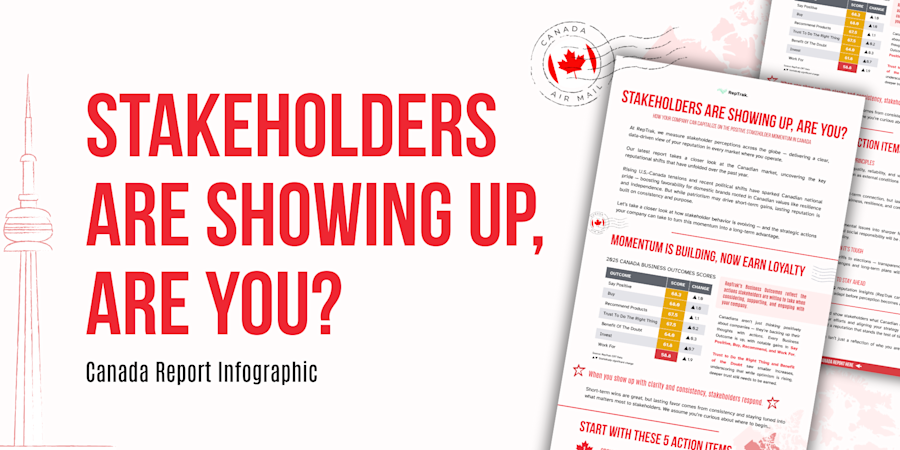CX and Reputation - A Perfect Combination
Corporate Reputation07 Sep, 2018
A strong customer experience (CX) drives loyalty and sales. There’s no doubt about that. But how can CX be measured with meaningful context—quantifiable data that directs action toward improvement? And what type of impact does CX have on reputation? Well, beyond the Net Promoter Score (NPS)―a metric that many of our client’s trust and rely on as a way of capturing CX and predicting sales, perhaps there is another way of deepening our understanding about how to think about it and how to make it better.
A new way to calibrate CX
Our research shows there might just be an opportunity to augment NPS data to provide further illumination surrounding not just what a company’s CX performance is based on, but also to provide an understanding of the how and why it got there in the first place and what can be done about it.
The assumption upon which we have conducted our analysis is shaped by the balance of the customer experience vs. perceptions that are linked to a company’s potential to deliver on Products and Services combined with Innovation. These two of the seven dimensions of reputation, define what we call the CX Index, representing just over a third of the total weight of importance of reputation.
The CX Index is based on all companies we have measured within the G15 economies as part of our annual Global RepTrak 100 study, incorporating more than 230,000 ratings. In this regard, this definition of the CX Index provides companies with a robust way in which to think about and benchmark perceptions of quality assurances, good value, meeting customer needs, and being the first to market with new technology, as critical ways by which to win on customer experience.
What is interesting about the CX Index in that beyond adding context and deeper understanding to an NPS data point, it is also highly correlated with shaping over perceptions of a company—not just the product brand. In looking at the 140+ companies measured as part of the Global RepTrak study and running a regression of CX Index and reputation, there is a strong relationship between customer experience and the RepTrak pulse score. Indeed, with an R-squared of 0.75 one might even conjecture that the CX Index is critical in shaping reputation, given that it of course impacts company reputation among customers but also shapes perceptions among non-customers, based on what they have experienced, seen, and heard.
So, who are the global leaders in CX?
In applying the CX Index to assessing the companies we measured as part of the Global RepTrak 100 companies, we identified the top 10 enterprises that excel in customer experiences and found a surprising winner. First off, among the top 10 companies we identified, each of those organizations benefited from a 3.5 pulse point lift in reputation relative to all measured. Based on a best estimate that translates to a net gain in intent to purchase of around 4.4% and begins to draw a direct link between CX, reputation, and sales gain. Secondly, Google as the company with the highest CX Index especially excelled relative to other companies included in the study. As a universal tech-inspired enabler of everyday human existence, Google is viewed as a company that balances a combination of human and artificial intelligence to deliver a world-class customer experience. Through serving up content and search-driven information, understanding preferences, the application of behavioral insight, and integration of a tech user-experience through Google Chrome, Google delivers a smart experience that allows itself to monetize the derived value that customers benefit from it.
Correlating NPS with the CX Index
We are not suggesting that the CX Index should or could replace the NPS (or any other Customer Satisfaction Index), given how dependent many companies have become on this key measure of success. But rather, the opportunity is to correlate NPS with the CX Index―and to leverage it as a means to understanding what a company can do to better to deliver on the experience a customer is looking for vs. learning about where the gaps exist for non-customers. Not only could this correlation yield new insight on how to drive more loyal customers and lower attrition, but also to increase the odds of attracting new customers that, in turn, leads to enhanced reputation, helping companies to win over the long-term.
Listen to Stephen talk reputation and CX on Pat Perdue's Customer Experience Podcast.
Stephen Hahn-Griffiths Executive Vice President The RepTrak Company @shahngriff [email protected]

